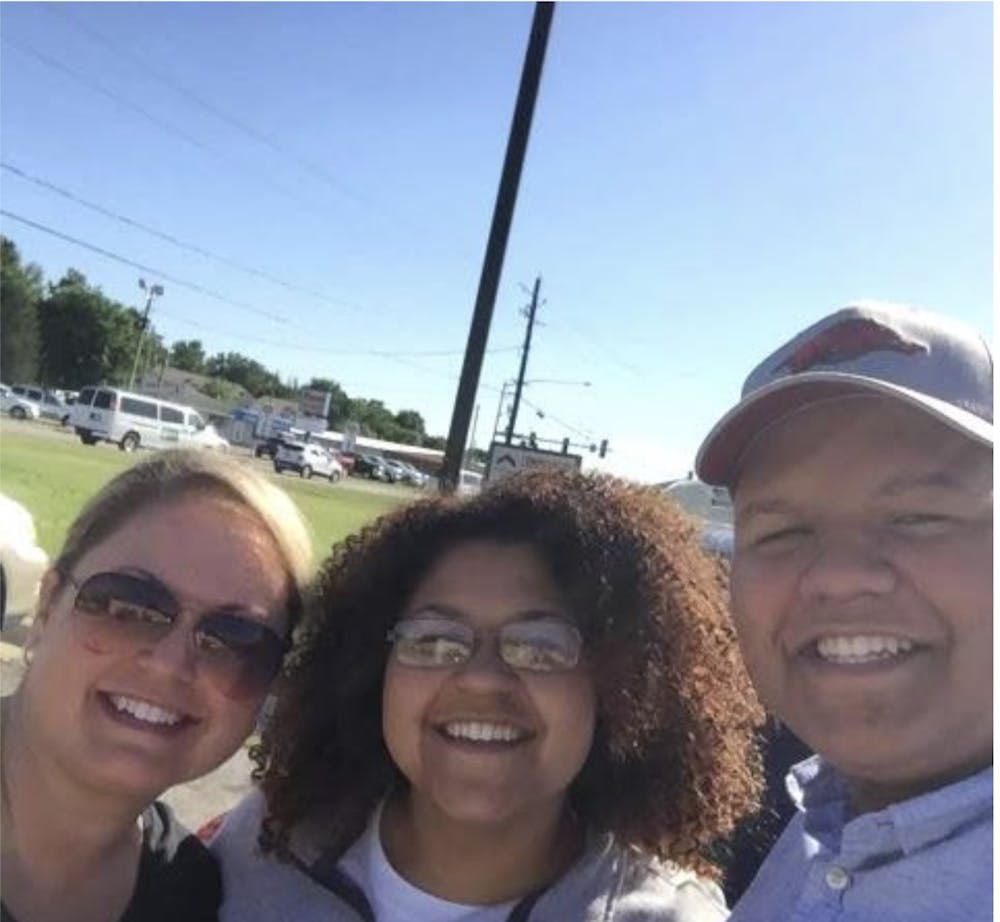After a successful fall semester living in New York, I couldn’t wait to get back to Arkansas to see my family. My younger brother had just completed his first semester of college, and my mother had had great success in expanding her cleaning business. All very good things. However, I didn’t expect to be sent into a whirlwind of uncertainty and stress when, the day after I came home, my mother contracted COVID-19.
As a first-generation, low-income student, my immediate worry was about money. My mother had worked two jobs virtually since we were born, so how could we survive without her income, our only income, for two weeks? To add to the panic, we also didn’t qualify for government assistance because she owned and operated her own businesses. Our rent and utilities bills were coming up, and, with my brother and I home, there were more mouths to feed in the household.
In an effort to ease some of our stress, I decided to create a mutual aid request on my Instagram account. Mutual aid requests are community-wide fundraising efforts, usually driven by social media. These ask people to give what they can with emphasis on distributing wealth and resources from the privileged, affluent to those in need. The idea is for a critical mass of people to donate enough to meet the asker’s needs by widely sharing the request across multiple profiles and multiple platforms.
Simply put, we really needed help, and I prayed the people I had come to know over the years would be able to offer some financial love. My mom has never asked for help, so this was out of our comfort zone but very much necessary. I joked that some people at Princeton had coats that costed more than our rent and could still spend money on vacations in a pandemic. They could surely help us “common” folk out.
Immediately, people started to share our campaign and money streamed into my Venmo. We couldn't believe it! People I hadn’t talked to in years or had met in passing were more than willing to give. Within two days, people had given enough for us to cover our rent, utilities, and then some for the next month. We were secure. Funnily enough, those who donated were not those I knew to be affluent but those who identified themselves as FLI. When I told my mom, she wasn’t surprised.
“Those who know what it’s like to struggle know the value of what it means to help,” she said.
Less than a month later, she had physically recovered, and we were still trying to financially recover. I shared another person’s community aid request on my social media. My mom immediately asked me for this person’s Venmo and sent what she could. When I asked her why, she simply said that she didn’t know where we would be if people hadn’t helped us. It was up to us to help who we could, in whatever way we could.
This broke my heart. While I was grateful for everyone who donated, why did the FLI community support us when they were also surely working to make ends meet? If the affluent can openly post about going on trips, living on Manhattan’s Upper West Side, and all things bougie, why do those who can’t afford to engage with the world in this way give more?

This is not to diminish the contributions of the amazing folks who donated to help my family and me. I can’t ever thank those who helped us enough, but I have to urge the most affluent of us to do more. When people share mutual aid campaigns on social media, take note. These are done in order to distribute wealth across disadvantaged communities and act as reparative work toward them, particularly those that are BIPOC, LGBTQIA+, and FLI.
I write this article for two purposes: to genuinely thank everyone for their help, financial or otherwise, and to urge the most privileged among us to do more.
When you come across a mutual aid request or asking campaign, please do all that you can. If you can only share it, share it. If you know you can spare money to give, give. And if you’re wealthy, give more. I cannot personally give to these campaigns, but I’ll sure share the hell out of them to ensure that someone can help. My family is living proof of the compassionate, tangible power of mutual aid campaigns.
From the bottom of my heart, thank you.

Kirsten Keels is a senior from West Fork, Ark. She can be reached at kkeels@princeton.edu.








